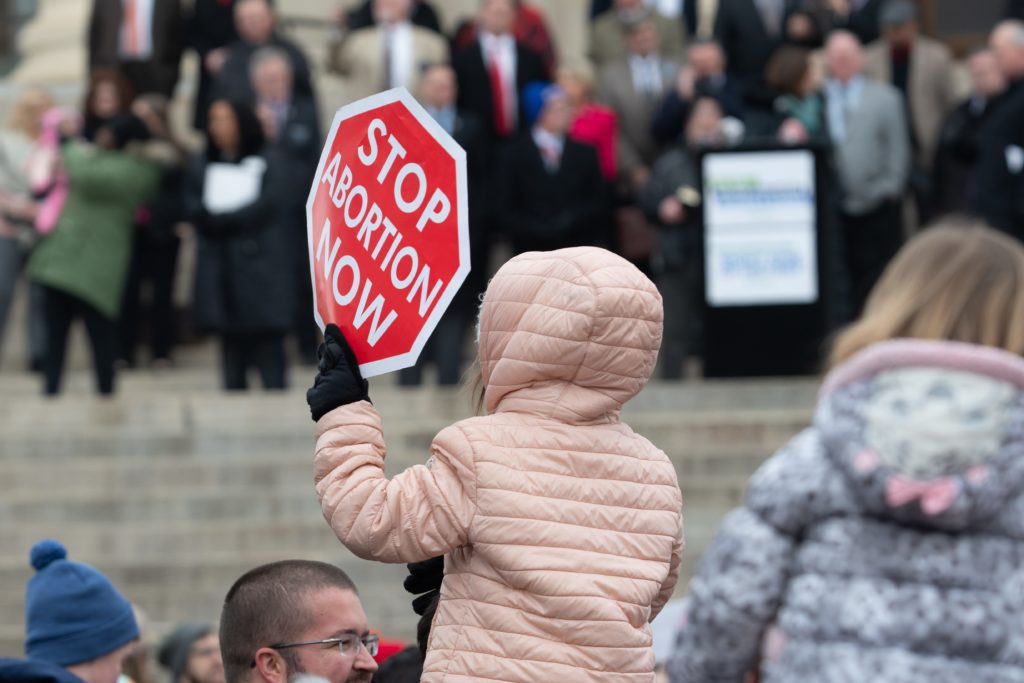In recent days, two federal judges issued conflicting rulings on mifepristone, a drug used for medication abortion.

Abortion Protesters ( Photo: Bloomberg.com )
The future of abortion access in America is being heavily influenced by court decisions
Texas district court Judge Matthew J. Kacsmaryk ruled that the FDA erred in approving mifepristone in 2000, which would have blocked access to the medication nationwide. But, just moments later, Judge Thomas O. Rice of the Eastern District of Washington State ordered the FDA to preserve access to the medication in a suit filed by 17 states and Washington, D.C.
The Justice Department has since appealed Kacsmaryk’s decision, and the Supreme Court is expected to step in and decide the matter eventually.
However, the larger issue at hand is the potential new strategy for anti-abortion activists across the country. They are seeking to reinterpret the Comstock Act, a law passed in 1873 that prohibited the mailing of “every article or thing designed, adapted, or intended for producing abortion.”
Anti-abortion groups are hoping to use this act to seek a nationwide federal ban on all abortions, as there is no abortion method in the United States that does not use something “designed, adapted, or intended for abortion.” This would essentially ban even lawful abortion procedures.
Legal scholar Mary Ziegler explained that the Texas ruling is “an open invitation to anti-abortion-rights groups to use the Comstock Act” to push for a national abortion ban.
Ziegler argues that this strategy has nothing to do with what the American people want or what the Constitution means
But anti-abortion rights activists are betting that they may be able to capture the courts even if they have not captured the hearts or minds of the American people.
Ziegler predicts that if the conflicting mifepristone rulings reach the Supreme Court, it’s worth noting that the Texas decision to block the abortion medication was “designed to appeal to these conservative justices, not just because of their views on abortion but also because they’re hostile to the administrative state.”
Overall, court decisions are increasingly shaping the future of abortion access in America, as anti-abortion activists are seeking new strategies to influence policy. The reinterpretation of the Comstock Act is a potential tool for these activists, and the Supreme Court is likely to become more involved in the issue in the coming months and years.
READ ALSO: U.S. Ends COVID-19 National Emergency After Three Years: Biden Signs Bipartisan Resolution




















